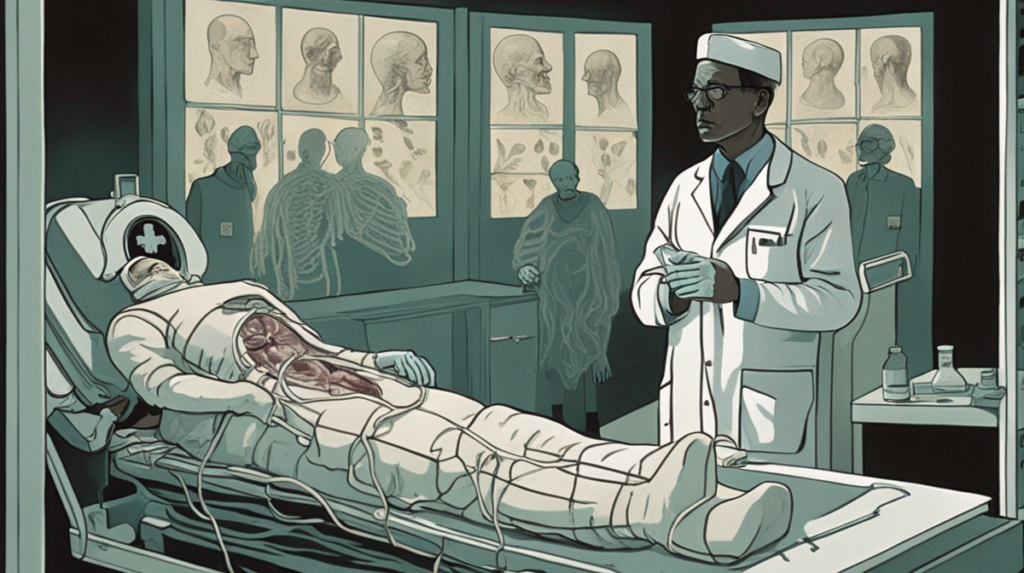A Deep Dive into Organ Transplantation: Challenges and Innovations
Organ transplantation is one of the most miraculous advancements in the world of medical science. However, the journey to successful organ transplantation brings a multitude of challenges and continuously propels the need for innovative solutions. In this article, let’s uncover the intricacies, controversies and the exciting innovations round the corner.
Understanding Organ Transplantation
Organ transplantation is a medical procedure where an organ, or a part of an organ, is removed from one body and placed in the body of a recipient, to replace a damaged or absent organ. The organs that can be transplanted are the heart, kidneys, liver, lungs, pancreas, intestine, and thymus.
(Read Also: The Power of Clinical Trials: Pioneering Progress in Medical Science)
Challenges in Organ Transplantation
Shortage of Donors
The biggest challenge faced in organ transplantation is the acutely high demand for organs as compared to the donors. The rarity of organ compatibility factors exacerbates this problem. Various drives and awareness campaigns are ongoing worldwide to encourage organ donation.
Rejection of Transplanted Organs
Organ rejection is a serious and often life-threatening problem. Our immune system may perceive the newly transplanted organ as a foreign body and attack it, causing organ failure.
Ethical and Legal Challenges
Illegal organ trading remains a grim reality, raising ethical and legal questions in transplantation procedures. A robust legal framework is needed to combat this issue.
(Read Also: Unveiling the Power of Medical Imaging: Tracing the Evolution from X-rays to MRI)
Unraveling Innovations in Organ Transplantation
Immunosuppressive Drugs
Medical science has come up with immunosuppressive drugs to prevent organ rejection. These drugs suppress the immune system responses, thereby reducing the chance of organ rejection.
3D Printed Organs
Recent advancements in medical technology have brought forth the exciting concept of 3D printed organs. This technology seeks to address the shortage of organ donors and provides hope for organ transplantation.
Genome Editing
Genome editing, like CRISPR-Cas9, has shown potential to eliminate organ rejection. This technology could be used to modify pig organs at the genetic level such that they become compatible with humans.
Concluding Remarks
Organ transplantation has come a long way, but there’s still a challenging road ahead filled with immense opportunities for innovations. Amidst the surmounting challenges, the beacon of hope continues to shine in the form of technological advancements, aiming to save millions of lives across the globe.

